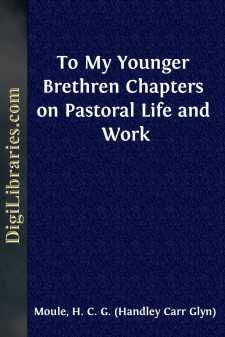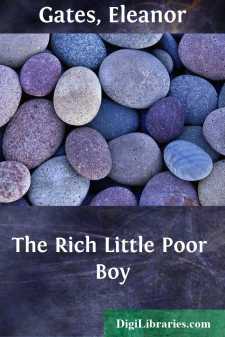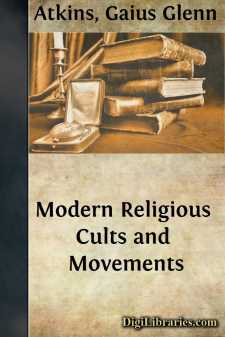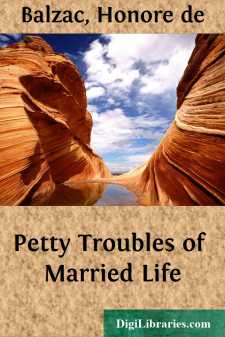Categories
- Antiques & Collectibles 13
- Architecture 36
- Art 48
- Bibles 22
- Biography & Autobiography 815
- Body, Mind & Spirit 144
- Business & Economics 28
- Children's Books 18
- Children's Fiction 14
- Computers 4
- Cooking 94
- Crafts & Hobbies 4
- Drama 346
- Education 58
- Family & Relationships 59
- Fiction 11829
- Games 19
- Gardening 17
- Health & Fitness 34
- History 1378
- House & Home 1
- Humor 147
- Juvenile Fiction 1873
- Juvenile Nonfiction 202
- Language Arts & Disciplines 89
- Law 16
- Literary Collections 686
- Literary Criticism 179
- Mathematics 13
- Medical 41
- Music 40
- Nature 179
- Non-Classifiable 1768
- Performing Arts 7
- Periodicals 1453
- Philosophy 65
- Photography 2
- Poetry 896
- Political Science 203
- Psychology 44
- Reference 154
- Religion 515
- Science 126
- Self-Help 85
- Social Science 82
- Sports & Recreation 34
- Study Aids 3
- Technology & Engineering 59
- Transportation 23
- Travel 463
- True Crime 29
Sort by:
by:
Michael Faraday
Induction of Electric Currents. 6. About twenty-six feet of copper wire one twentieth of an inch in diameter were wound round a cylinder of wood as a helix, the different spires of which were prevented from touching by a thin interposed twine. This helix was covered with calico, and then a second wire applied in the same manner. In this way twelve helices were superposed, each containing an average...
more...
PREFACE The greatest duty of mankind lies in the proper uprearing of our children. The fact is recognized, but is the duty fulfilled? Do we rear our children as we should? There is but one answer: We fail. Teaching them many things for their good, we yet keep from them ignorantly, foolishly, with a hesitancy and neglect unpardonable—knowledge, the possession of which is essential for their future...
more...
by:
Honore de Balzac
"Marriage is not an institution of nature. The family in the east is entirely different from the family in the west. Man is the servant of nature, and the institutions of society are grafts, not spontaneous growths of nature. Laws are made to suit manners, and manners vary. "Marriage must therefore undergo the gradual development towards perfection to which all human affairs submit." These...
more...
CHAPTER I. THE SECRET WALK WITH GOD (i.). Pastor, for the round of toil See the toiling soul is fed; Shut the chamber, light the oil, Break and eat the Spirit's bread; Life to others would'st thou bring? Live thyself upon thy King. Let me explain in this first sentence that when in these pages I address "my Younger Brethren," I mean brethren in the Christian Ministry in the Church...
more...
by:
Eleanor Gates
CHAPTER I THE WICKED GIANT HE was ten. But his clothes were forty. And it was this difference in the matter of age, and, consequently, in the matter of size, that explained why, at first sight, he did not show how thin-bodied he was, but seemed, instead, to be rather a stout little boy. For his faded, old shirt, with its wide sleeves lopped off just above his elbows, and his patched trousers, shortened...
more...
Introduction The last thirty years, though as dates go this is only an approximation, have witnessed a marked development of religious cults and movements largely outside the lines of historic Catholicism and Protestantism. One of these cults is strongly organized and has for twenty years grown more rapidly in proportion than most of the Christian communions. The influence of others, more loosely...
more...
CHAPTER I A UNION IN FORM ONLY When did the sovereign nation of the United States begin? From one point of view, it was called into existence by the motion for Independence passed by the Continental Congress on the second day of July, 1776, when the people of the rebelling British colonies in America, by action of their representatives, assumed a free and independent position. But a motion is...
more...
by:
Florence Daniel
I.—UNFERMENTED BREAD. 1. COLD WATER BREAD. 1-1/4 lb. fine wholemeal flour to 3/4 pint water. Put the meal into a basin, add the water gradually, and mix with a clean, cool hand. (Bread, pastry, etc., mixed with a spoon, especially of metal, will not be so light as that mixed with a light cool hand.) Knead lightly for 20 minutes. (A little more flour may be required while kneading, as some brands of...
more...
by:
Japan
CHAPTER I. THE EMPEROR Article 1. The Empire of Japan shall be reigned over andgoverned by a line of Emperors unbroken for ages eternal. Article 2. The Imperial Throne shall be succeeded to byImperial male descendants, according to the provisions of theImperial House Law. Article 3. The Emperor is sacred and inviolable. Article 4. The Emperor is the head of the Empire, combining in...
more...
by:
Honore de Balzac
THE UNKINDEST CUT OF ALL. Is it a petty or a profound trouble? I knew not; it is profound for your sons-in-law or daughters-in-law, but exceedingly petty for you. "Petty! You must be joking; why, a child costs terribly dear!" exclaims a ten-times-too-happy husband, at the baptism of his eleventh, called the little last newcomer,—a phrase with which women beguile their families. "What...
more...











